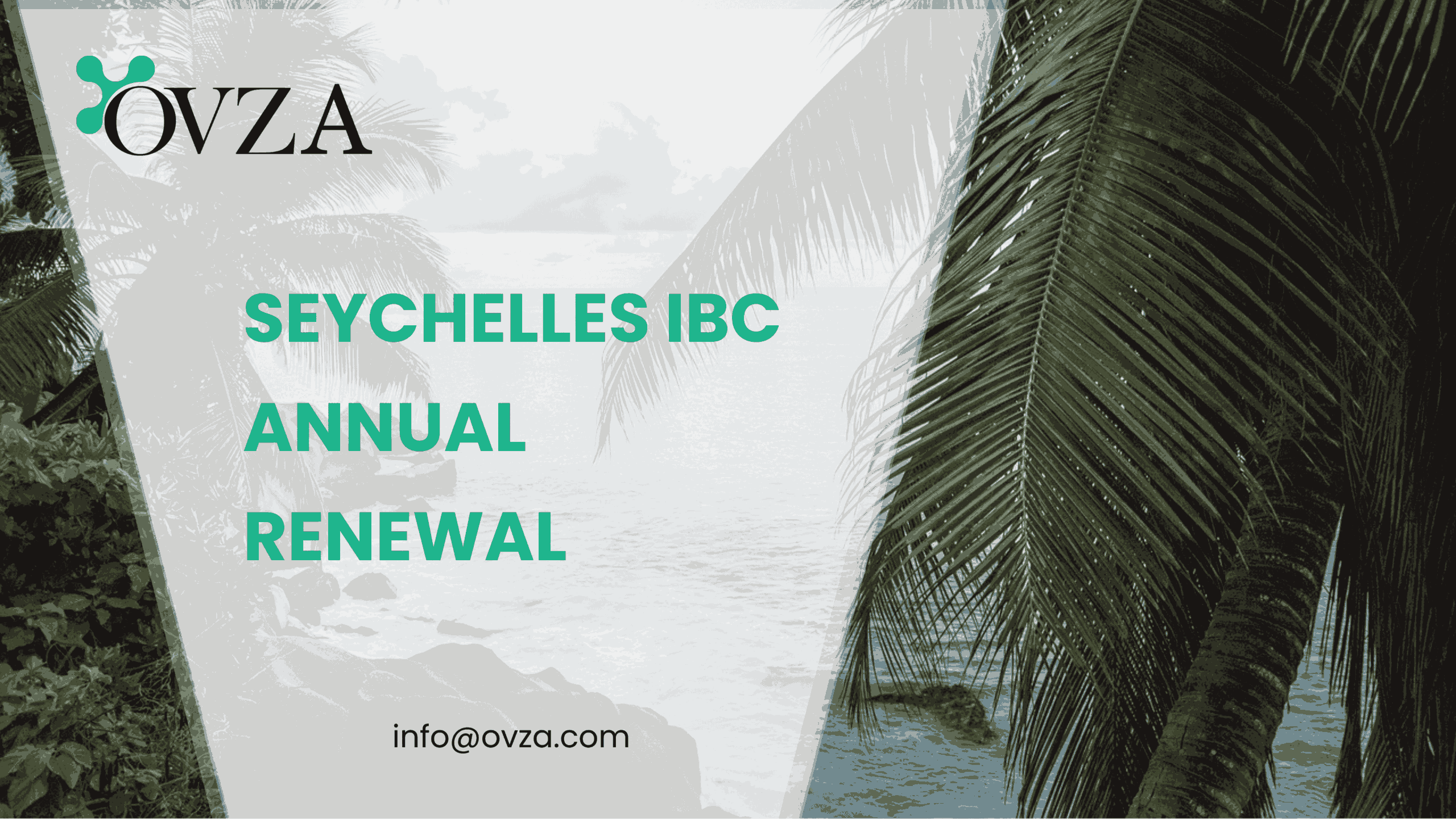Offshore companies have legal personality enabling independent rights, asset ownership, and limited liability under international law. The concept of the legal personality of offshore company structures lies at the heart of international corporate law. As entities formed under the legislative framework of foreign jurisdictions, offshore companies are endowed with separate legal identity, allowing them to enter into contracts, own property, sue, and be sued in their own name. This article undertakes a legal analysis of how such legal personality is constructed, recognized, and sometimes contested in cross-border commercial and regulatory contexts.
Legal Personality of Offshore Company: A Doctrinal and Jurisdictional Analysis
At its core, the legal personality of offshore company refers to the principle that once a company is incorporated under the laws of a sovereign jurisdiction, it becomes a juridical person distinct from its shareholders, directors, and officers. This principle has been cemented in common law since the landmark English case of Salomon v. A. Salomon & Co. Ltd. [1897] AC 22, which established the doctrine of corporate personality. Offshore jurisdictions, including those such as the British Virgin Islands, Seychelles, and Cayman Islands, have adopted this common law framework within their respective companies statutes.
For instance, under the BVI Business Companies Act, 2004, a BVI company upon incorporation is granted legal personality and has “the legal capacity of a natural person.” This legislative language ensures that the company, as a distinct legal subject, can participate in legal relations independently of its beneficial owners. A similar provision is echoed in Seychelles International Business Companies Act, 2016, where Section 6 confers corporate status and rights to act in its own name.
In the context of offshore structuring, this legal independence is not merely a theoretical construct; it has practical consequences in areas such as asset protection, dispute resolution, and taxation. A company formed under an offshore regime may hold assets or intellectual property in its own name, separate from those of its founders, thereby insulating those assets from personal creditors of the UBOs.
The legal personality of offshore company formation also intersects significantly with international transparency regimes. Programs such as the OECD’s Common Reporting Standard (CRS) and the Financial Action Task Force (FATF) Recommendations require member jurisdictions to look beyond corporate personality and identify the natural persons exercising ultimate control. While these rules do not negate corporate personality per se, they place limitations on the anonymity and privacy traditionally associated with offshore structures.
Critics of offshore financial centers often argue that the legal personality of offshore company formations facilitates regulatory arbitrage and evasion of public accountability. However, defenders of the system emphasize that legal personality is a neutral legal doctrine — one that applies equally to onshore and offshore companies — and that misuse is a matter of enforcement rather than legal form.
Cross-Border Recognition and Legal Capacity
The legal personality of offshore company structures extends across borders, yet its recognition is subject to the private international law rules of each forum. Most jurisdictions adhere to the incorporation theory, wherein the existence and capacity of a legal person are governed by the law of the place of incorporation. For example, a Seychelles IBC incorporated under the Seychelles IBC Act is generally recognized as a legal person under English law or EU law, provided it is not formed for an unlawful purpose.
This recognition enables an offshore company to enter into international contracts, own shares in foreign subsidiaries, and engage in litigation outside its place of registration. In commercial arbitration, for instance, offshore companies routinely act as claimants and respondents in proceedings under UNCITRAL Rules or in institutional forums like the LCIA or ICC. The validity of such participation is predicated on the legal personality of offshore company entities being accepted under the governing arbitration law.
In the financial regulatory arena, the formal legal personhood of an offshore entity does not automatically equate to regulatory independence. Jurisdictions such as the United States and European Union apply substance-over-form doctrines, especially when enforcing anti-money laundering (AML) or beneficial ownership disclosure obligations. The U.S. Corporate Transparency Act (CTA) mandates that certain entities, including offshore companies with a U.S. nexus, disclose beneficial owners to the Financial Crimes Enforcement Network (FinCEN). These requirements are intended to ensure that while the company may exist as a legal person, it does not operate anonymously in financial markets.
Nevertheless, courts have historically been cautious in disregarding legal personality. The corporate veil may be pierced only where there is sufficient evidence of fraud, sham, or agency. Offshore companies often withstand challenges in litigation due to their formal adherence to corporate governance procedures and statutory requirements. For instance, a BVI company that maintains proper registers and executes resolutions in compliance with the BVI Business Companies Act will typically be treated as a valid and enforceable entity under most conflict-of-laws scenarios.
A critical dimension arises in asset ownership. Offshore companies with legal personality can register trademarks, own real estate, or maintain bank accounts independently of their shareholders. The use of these entities to hold intellectual property is explored in cases where royalty income or licensing arrangements are centralized through offshore entities. The asset protection afforded is a function of both the recognition of legal personality and the discretion of courts to enforce that personality against third-party claims.
The operational capacity of an offshore company is not only determined by statutory law but also by practical issues such as banking access, KYC compliance, and contractual recognition. The international banking system now imposes rigorous verification on legal persons formed in offshore jurisdictions. In this context, the legal personality of offshore company structures is examined not merely as a theoretical status but as a matter of practical utility — whether the company can open accounts, engage in commerce, and sustain independent legal standing.
Evolving Norms and the Limits of Legal Personality
While the legal personality of offshore company remains a foundational principle of company law, its application is continuously reshaped by regulatory, economic, and geopolitical developments. The intensification of global efforts to combat tax base erosion, money laundering, and terror financing has led to a narrowing of the practical scope within which offshore companies may exercise their legal capacity. Legal personality persists, but its consequences are now more closely scrutinized by regulators, banks, and even private counterparties.
Under various international frameworks — such as the OECD’s BEPS Initiative and the EU Tax Governance Standards — there is growing pressure on jurisdictions that offer offshore company formation to impose minimum substance requirements. These measures may not deny legal personality outright, but they affect the operational legitimacy of companies that fail to demonstrate physical presence, economic activity, or control from within the jurisdiction of incorporation.
In litigation and enforcement contexts, courts are increasingly willing to look beyond formal incorporation and assess whether the offshore entity serves a legitimate commercial purpose. For instance, a nominee structure involving an offshore company may be disregarded if it is found to be part of a fraudulent scheme or designed purely to frustrate legal enforcement. However, when structured properly and operated with clear documentation and governance protocols, offshore companies continue to benefit from the recognition of separate legal status across both common law and civil law systems.
The jurisprudence across multiple jurisdictions reflects a balancing act between respecting the legal personality of offshore company formations and protecting public interests in transparency, fairness, and compliance. In Prest v. Petrodel Resources Ltd [2013] UKSC 34, the UK Supreme Court reaffirmed the importance of legal personality while cautioning against its misuse. Such cases confirm that legal personality, although strong, is not absolute — and is subject to equitable doctrines and statutory overrides when public policy demands it.
Conclusion
The legal personality of offshore company structures remains a vital and enduring component of transnational commercial law. It enables corporate entities to function autonomously, shield owners from liability, and facilitate complex international arrangements. However, its exercise is increasingly conditioned by compliance obligations and judicial scrutiny. As regulators expand their reach and global standards continue to converge, offshore companies must navigate a more constrained landscape — where formal recognition of legal status coexists with heightened expectations of transparency and substantive conduct.
Nevertheless, the enduring recognition of offshore corporate personality in both domestic and international law affirms its relevance. Properly constituted offshore companies, when deployed within the framework of applicable laws, remain powerful legal tools for investment, asset protection, and business expansion. Their capacity to hold rights, bear obligations, and operate across borders — distinct from the identity of any natural person — is not merely a doctrinal formality but a continuing legal reality.
Disclaimer: The information provided on this website is intended for general reference and educational purposes only. While OVZA makes every effort to ensure accuracy and timeliness, the content should not be considered legal, financial, or tax advice.











